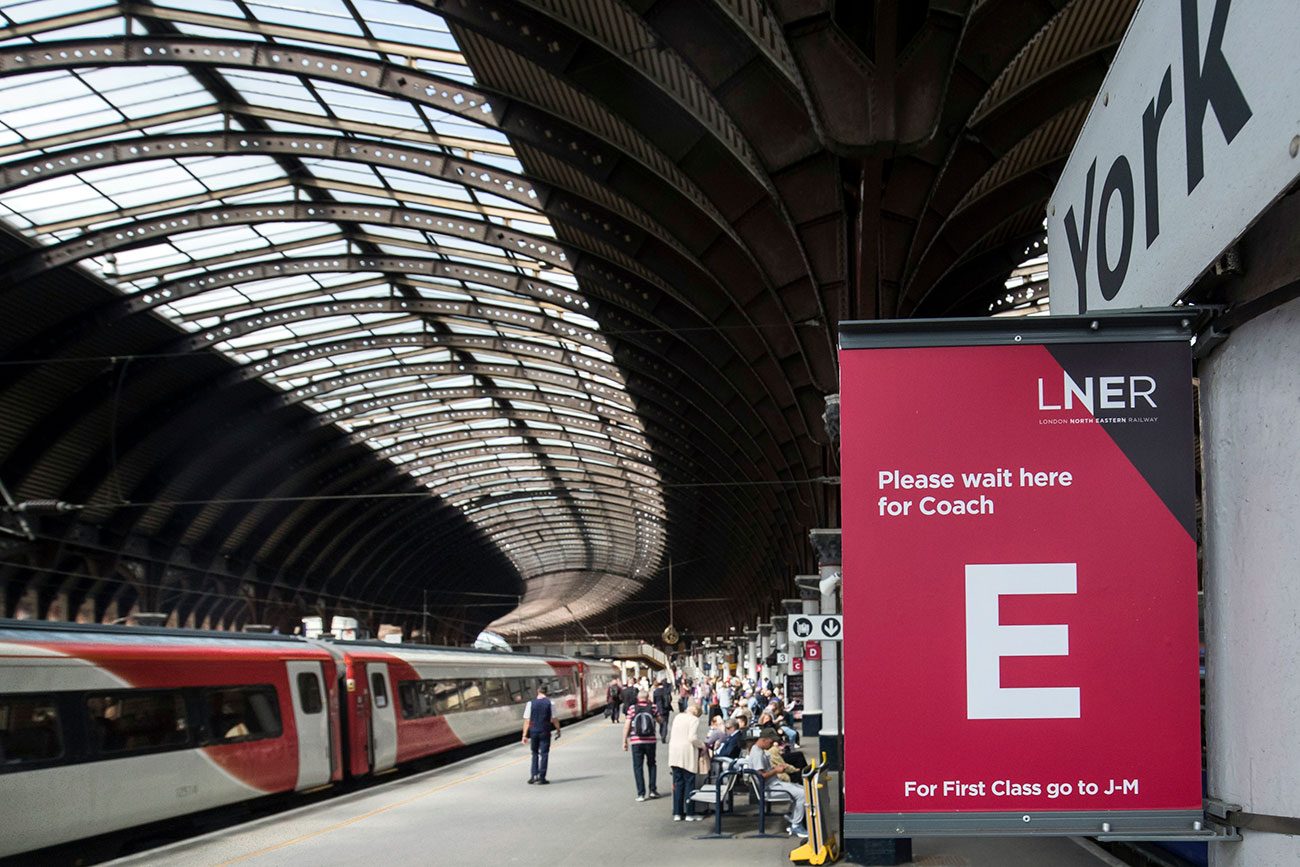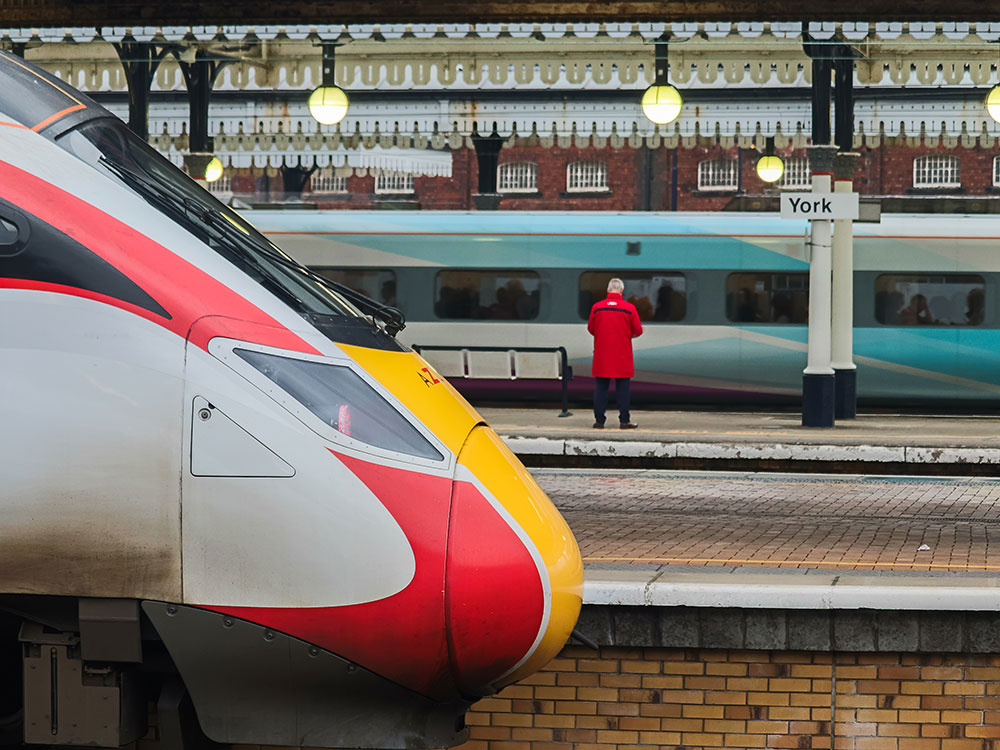Railway workers have voted overwhelmingly to strike in a bitter dispute over jobs, pay and conditions, threatening massive disruption to the network in the coming weeks.
Members of the Rail, Maritime and Transport union (RMT) at Network Rail, LNER, Transpenning Express and 13 other train operators backed launching a campaign of industrial action.
The union’s leaders will now decide when to call strikes, which will bring huge parts of the network to a standstill.
RMT members at the following companies voted for strike action and action short of a strike: Network Rail, LNER, Transpennine Express, Northern Trains, Cross Country Trains, Chiltern Railways, Greater Anglia, East Midlands Railway, c2c, Great Western Railway, South Eastern, South Western Railway, Avanti West Coast, West Midlands Trains.
The union said it was the biggest endorsement for industrial action by railway workers since privatisation.
A total of 71% of those balloted took part in the vote with 89% voting in favour of strike action and 11% voting against.
Could begin mid-June

RMT general secretary Mick Lynch said: “Today’s overwhelming endorsement by railway workers is a vindication of the union’s approach and sends a clear message that members want a decent pay rise, job security and no compulsory redundancies.
He said the timetable for strikes could begin in mid-June.
The union says Network Rail intends to cut at least 2,500 maintenance jobs as part of a £2 billion reduction in spending on the network, while staff at train companies have been subject to pay freezes, threats to jobs and attacks on their terms and conditions.
[tptn_list limit=3 daily=1 hour_range=1]
Andrew Haines, Network Rail’s chief executive, said: “We urge the RMT to sit down with us and continue to talk, not walk, so that we can find a compromise and avoid damaging industrial action.
“We are at a key point in the railway’s recovery from the pandemic. The taxpayer has provided the industry with £16 billion worth of additional life support over the last two years and that cannot continue.
“Travel habits have changed forever and the railway has to change as well to adapt to this new reality. We believe that by modernising – creating safer jobs for our people and operating the railway more efficiently – we can build a sustainable future with a railway that delivers for passengers and taxpayers.”
If strikes go ahead, they would cost the rail industry around £30 million each day, according to sources.
